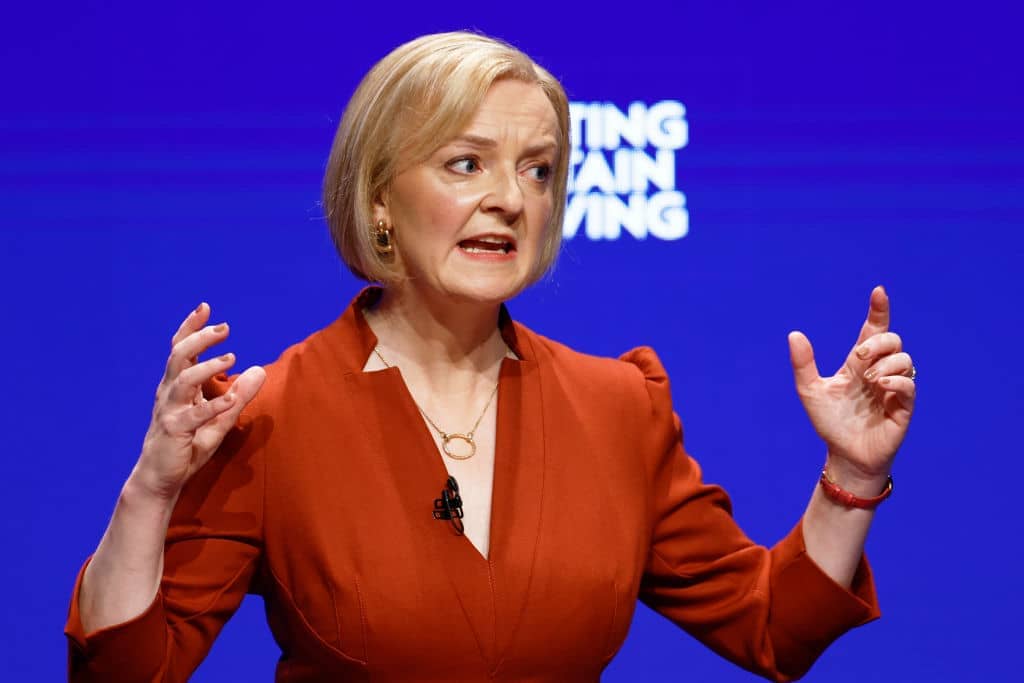The Conservatives – in office since 2010 – are now into their fourth successive manifesto pledge to bring down immigration, which remains well over 200,000 annually. Naturally, Liz Truss is said to be weighing up increasing it further. Some of those in the Treasury believe that visa liberalisation is the quickest way to growth. From the Treasury’s perspective, and that of the new Chancellor Jeremy Hunt, immigrants represent an excellent deal: you don’t have to pay for their education or childhood, instead simply importing units of homogeneous labour fully formed. What’s not to like? Open the borders and watch the line go up!
Home Secretary Suella Braverman disagrees. She would like to cut migration substantially, as would many other Conservative MPs. Truss, already having lost a chancellor over her disastrous mini-budget, appears to believe that the best course of action is to pick yet another fight. Having appointed Braverman to run immigration policy, Truss is now cutting her out of decisions on…immigration policy, with the latest flashpoint the potential liberalisation of visas for Indians as part of a new trade deal.
This tension between Prime Minister and Home Secretary does not seem sustainable
This tension between Prime Minister and Home Secretary does not seem sustainable. Nor, in the long term, does Truss’s mooted plan to increase growth by opening the borders. Adding people to the British economy will make it larger. That is uncontroversial. But what we actually care about is the incomes and living standards of the people who already live in Britain. And from this perspective, our big problem is low levels of income per person, which migration only marginally impacts.
The routes through which it does affect living standards can be ambiguous. The first and most obvious
objection to bringing in more people is that the sum of migration from outside the European Union has turned out to be a net fiscal drain. In many cases, new arrivals have not contributed enough in taxes to pay for the services they receive from the government. This means that over the longer term – particularly as they raise families and retire – the people already resident in Britain have ended up making transfers to the new arrivals rather than receiving them.
This is not an insurmountable barrier, but the British state is understandably squeamish about discriminating between long-term residents on the basis of their origins. A better argument is that the new immigration system sets a higher income bar for arrivals – possibly not sufficiently high, but higher – and could be raised to a level where a positive contribution is expected.
Over the longer term, migration is generally thought to be a net good for the public finances; migrants are young (offsetting an ageing population) and have children, growing the population, the economy, and the government’s ability to borrow. And any differences in contributions driven by culture – such as the number of children in families – will drop away, particularly as migrants acculturate to Britain.
The last point does matter though. One of the main Conservative objections to higher immigration is that conservatives, by definition, tend to quite like the country, and want to preserve its culture. Adding several hundred thousand new Britons to it every year inevitably results in cultural changes. This is generally accepted, even by those in favour of higher migration; when people praise the virtues of diversity or fascinating new foods, they are implicitly claiming that change will happen and will be good. When other people point to other changes driven by the same phenomenon and say they dislike them, it isn’t really consistent to dismiss them out of hand.
But perhaps the biggest barrier is that the British state is determined to make sure that immigration, which could be mutually beneficial, ends up feeling zero sum: where any benefit to new arrivals is offset by costs to the people already living here. The main way it does this is by blocking the construction of new houses, forcing people to compete for a relatively small existing stock, and by providing public services which respond slowly to increased demand, resulting in short-term deterioration until funding catches up.
In turn, this suggests a simple point: if Truss and the Treasury want to increase growth, improve living standards, raise productivity, and win support for migration, then the first step should be fixing planning.







Comments